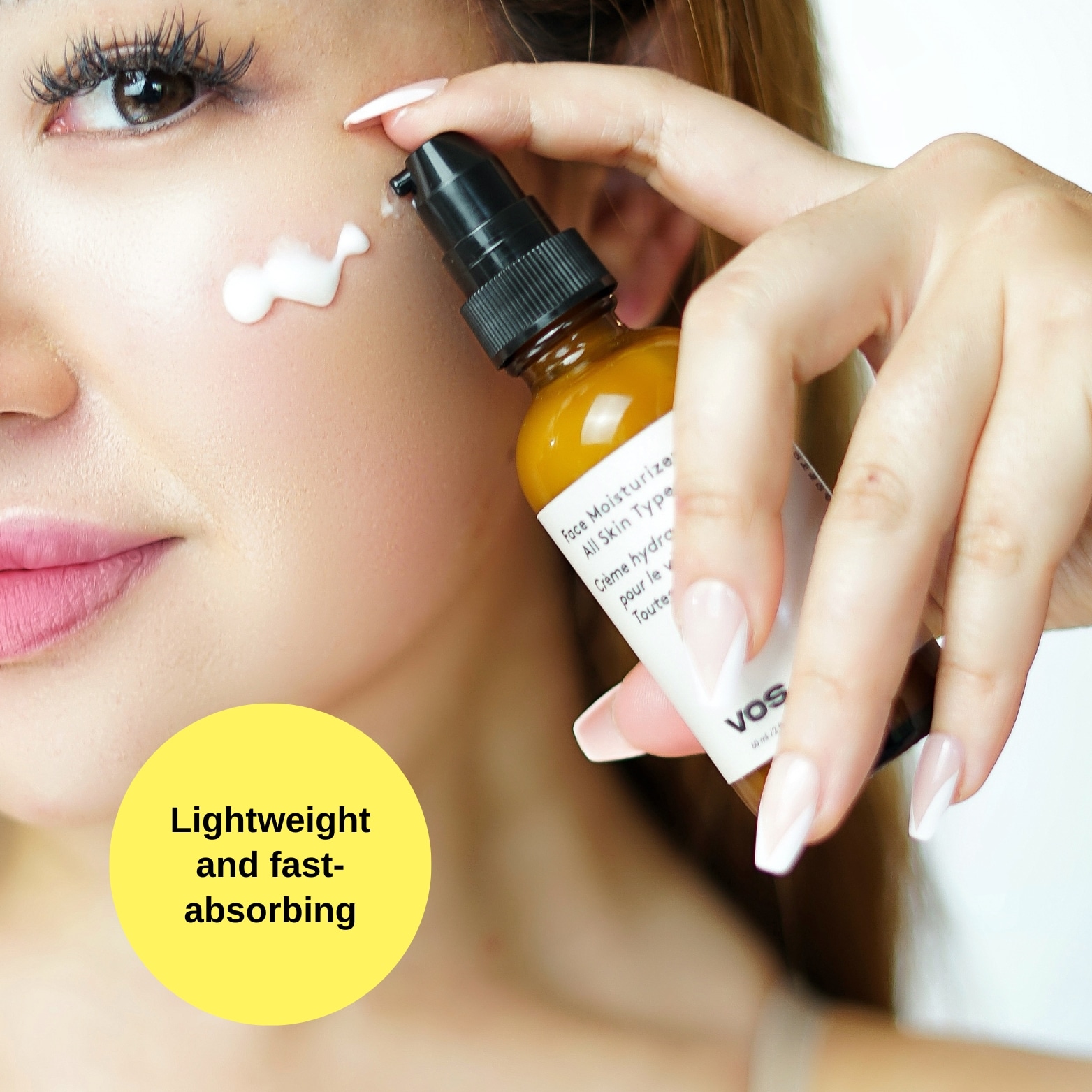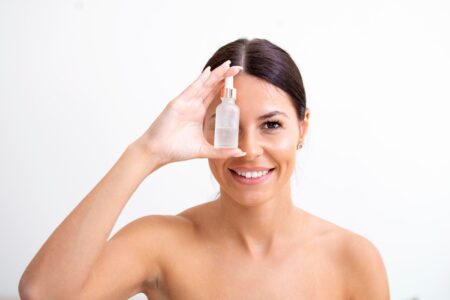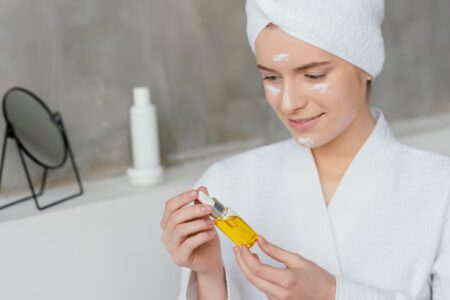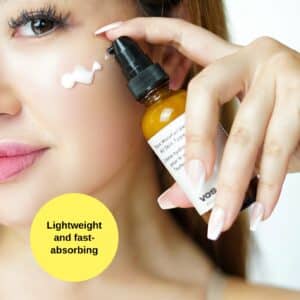Many people with oily or acne-prone skin avoid moisturizers, believing that adding more moisture will worsen oiliness or cause breakouts. In reality, the right moisturizer can balance oil production, strengthen the skin barrier, and improve overall skin health. When selected carefully, a moisturizer becomes an essential part of a daily skincare routine, even for oily and acne-prone skin types.
This guide explains how to choose a moisturizer that meets the needs of oily skin while helping to manage acne. It also outlines key ingredients, textures, and application tips to keep skin balanced and healthy.
Why Oily Skin Still Needs Moisturizer
Oily skin produces excess sebum, but that does not mean it is fully hydrated. In many cases, excess oil is a sign of dehydration the skin compensates for a lack of water by producing more oil. Without proper hydration, the skin barrier can weaken, leading to increased sensitivity and more breakouts.
A lightweight, non-comedogenic moisturizer helps to:
- Maintain skin’s natural moisture balance.
- Reduce overproduction of oil.
- Support the skin barrier against irritation and inflammation.
- Improve the skin’s ability to heal from acne and redness.
Skipping moisturizer often results in tightness, increased shine, and more clogged pores over time.
Understanding the Needs of Oily and Acne-Prone Skin
Choosing the right product requires knowing how oily skin behaves and why acne forms. Oily skin is characterized by larger pores, a shiny T-zone, and a tendency to develop blackheads or whiteheads. Acne forms when oil mixes with dead skin cells, clogging pores and allowing bacteria to thrive.
A suitable moisturizer for oily and acne-prone skin should:
- Be non-comedogenic (won’t clog pores).
- Offer hydration without heaviness.
- Contain ingredients that regulate oil production.
- Support acne treatment without causing dryness or irritation.

Key Ingredients to Look For
When selecting a moisturizer, ingredient choice is crucial. The right combination can help balance hydration, soothe inflammation, and prevent future breakouts.
- Hyaluronic Acid
A lightweight humectant that draws water into the skin without adding oil. Ideal for maintaining hydration in oily skin without causing greasiness.
- Niacinamide
A multi-tasking ingredient that reduces oil production, minimizes pore appearance, and improves skin texture. It also helps calm redness from acne.
- Salicylic Acid
A beta hydroxy acid (BHA) that gently exfoliates inside pores, preventing blockages that cause acne. Best used in low concentrations in moisturizers to avoid over-drying.
- Ceramides
Help strengthen the skin barrier, reducing sensitivity and moisture loss. A strong barrier can better resist acne-causing bacteria.
- Aloe Vera and Green Tea Extract
These soothing agents help calm inflammation, reduce redness, and provide light hydration suitable for oily skin.
Choosing the Right Texture
Texture plays a major role in how a moisturizer feels and performs on oily skin.
Gel-Based Moisturizers
Best for very oily skin, these formulas absorb quickly, leaving a fresh finish without residue. They work well during the day under sunscreen or makeup.
Lightweight Lotions
Suitable for combination or mildly oily skin, these offer more hydration than gels without feeling heavy.
Oil-Free Creams
Designed for those who need extra moisture due to acne treatments or seasonal dryness but still want to avoid greasy textures.
Tips for Getting the Best Results
- Apply to Damp Skin: This helps lock in moisture more effectively.
- Don’t Skip Sunscreen: Some acne treatments make skin more sensitive to the sun.
- Be Consistent: Give a new moisturizer at least two weeks before deciding if it works.
- Adjust with Seasons: You may need a lighter formula in summer and a slightly richer one in winter.
- Patch Test New Products: This prevents unexpected irritation or breakouts.
Common Myths About Moisturizer and Oily Skin
Myth 1: Moisturizers Make Oily Skin Worse
In reality, the right moisturizer can reduce oiliness by preventing dehydration.
Myth 2: Acne-Prone Skin Should Avoid Moisturizer
Skipping moisturizer can cause dryness, triggering the skin to produce more oil.
Myth 3: Only Mattifying Products Work
Mattifying formulas control shine temporarily, but hydration is still essential for long-term balance.
Conclusion
For oily skin and acne-prone individuals, choosing the right moisturizer is a matter of balance. The ideal product will hydrate without clogging pores, regulate oil production, and support the skin’s natural repair processes. By selecting lightweight, non-comedogenic formulas with targeted ingredients like hyaluronic acid, niacinamide, and ceramides, you can maintain a healthy skin barrier while reducing breakouts.
A thoughtful skincare routine that includes the right moisturizer ensures that oily skin remains balanced, comfortable, and clear over time.








